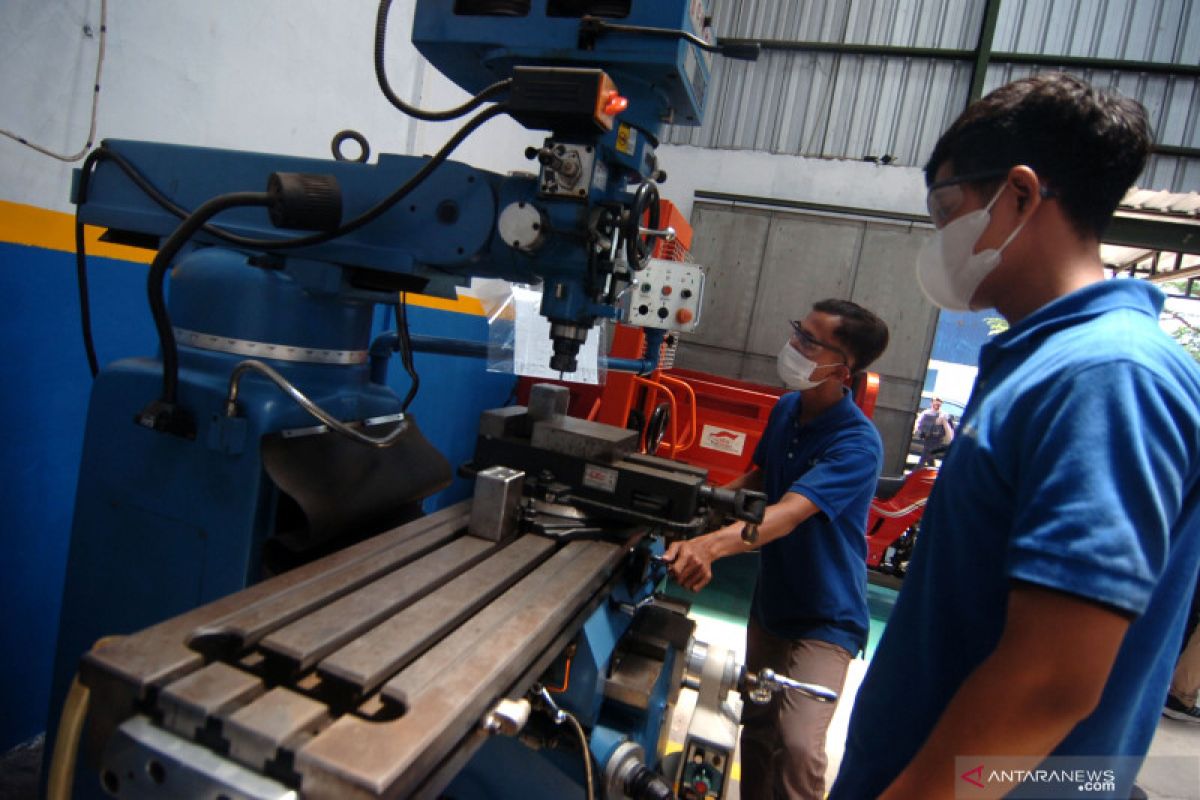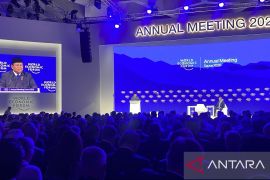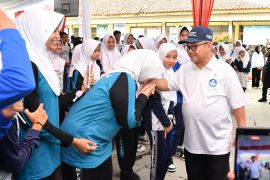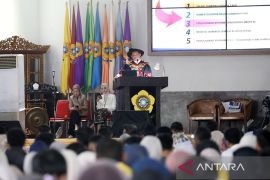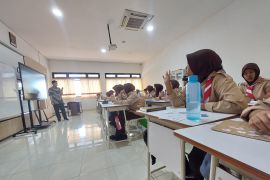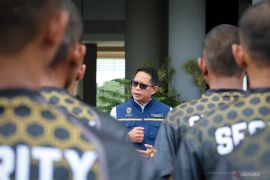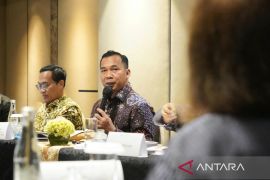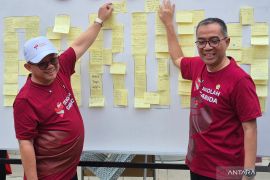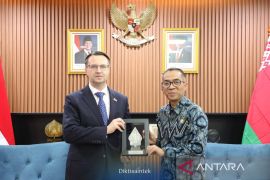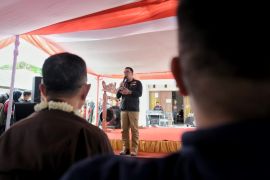According to the assistant deputy for maritime and coastal space management at the Coordinating Ministry for Maritime Affairs, M. Rasman Manafi, the government has prepared short-term and long-term strategies for the vocational sector to support the development of metal and non-metal industries spread across North Maluku, Southeast Sulawesi, Central Sulawesi, and the Riau Islands.
"In the short term, training will be conducted by the Industrial Human Resources Development Agency (BPSDMI) of the Industry Ministry and the Directorate General for Vocational and Productivity Training Development of the Manpower Ministry," he said in a written statement received here on Wednesday.
A long-term target, which aims for the establishment of private universities with vocational programs, is currently underway, he informed.
Some vocational training facilities are currently being created, such as in Central Halmahera district in North Maluku and Konawe and Buton districts in Southeast Sulawesi, he said.
"For the polytechnic in Central Halmahera, we expect that later on, it can become a state university within the scope of the Industry Ministry under the auspices of the Head of the Center for Industrial Education and Training," Manafi elaborated.
He said that his team plans to revisit North Maluku (Weda Bay) with stakeholders to identify the needs of industrial workers.
Additionally, the facilities and infrastructure needed will also be reviewed, he informed. The team will consider aspects such as vocational education supporting metal and non-metal industries at the vocational school level, universities, training institutions, as well as teaching staff, and preparation of MoUs for related parties, he said.
Related news: Base metal industry projected to clock 3.54-percent growth in 2021
Manafi also emphasized the need for verbal proficiency in the Mandarin language, especially in engineering and operations in the metal industry.
Meanwhile, the head of the logistics division for marine and fishery products at the Maritime Affairs and Fisheries Ministry, Andi Yulianti Ramli, said that vocational training and education for industrial human resources must meet current industry needs.
"The training can be in the form of skills training for prospective industrial workers, up-skilling, and re-skilling to increase the ability of workers in the industry. No less important is the reinforcement of soft skills or the work ethic of HR," she said.
The ministry has recorded the progress of various educational institutions that were directly integrated with the metal and non-metal industries, she informed. For example, in the Riau Islands province, specifically on Bintan Island, boarding training has been carried out by BLK Serang, she said.
The training was conducted in vocational welding techniques and electrical engineering, with the Human Resources Development Agency of the Industry Ministry providing instructors, she added.
In the meantime, the Tridaya Virtu Morosi Polytechnic (TVM) and the Buton Marine Technology Institute (ITKB) have already completed their application for licensing for the establishment of higher education institutions in the Silemkerma System, she said.
Currently, they are awaiting the results of an assessment conducted by the Directorate of Higher Education and Professional Vocations of the Education, Culture, Research, and Technology Ministry, she informed. Both plan to conduct new student admissions in 2022, she added. (
Related news: Basic metal, food industries remain leading sectors in exports: govt
Related news: Indonesia metal industry records 12.74 pct growth
Translator: Ade Irma J, Mecca Yumna
Editor: Suharto
Copyright © ANTARA 2021
